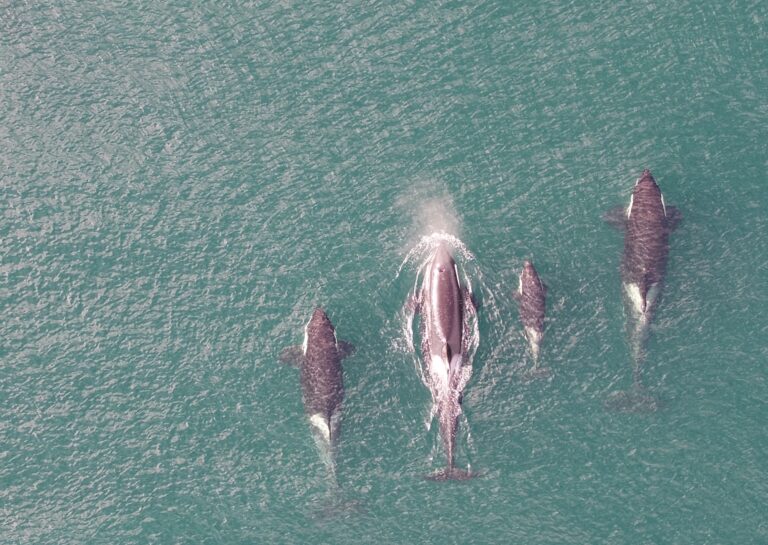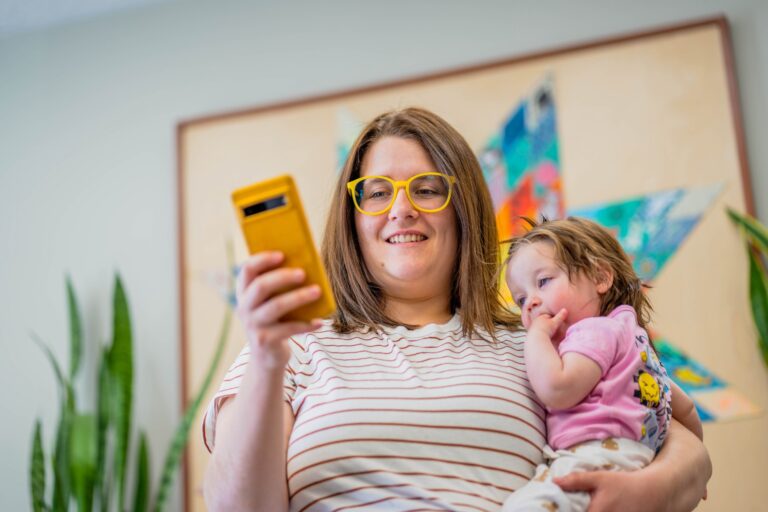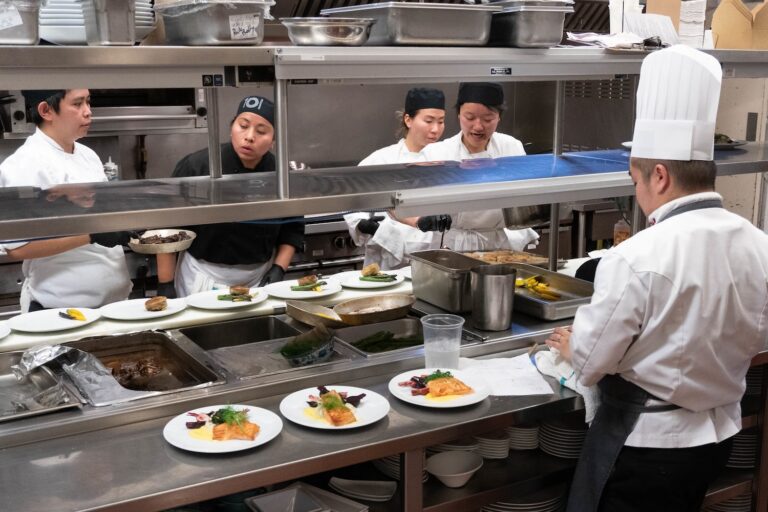UBC scholar combats climate change with happiness
The prevailing narrative on the climate crisis—and how to address it—is at best bewildering and at worst downright depressing. We’re told we face a doom-and-gloom scenario, and the only way to solve it is to give up simple pleasures and conveniences.

The prevailing narrative on the climate crisis—and how to address it—is at best bewildering and at worst downright depressing. We’re told we face a doom-and-gloom scenario, and the only way to solve it is to give up simple pleasures and conveniences.
Dr. Jiaying Zhao, a behavioural scientist in UBC’s department of psychology and Institute for Resources, Environment and Sustainability, is working to flip that narrative. She wants to show people that climate action and happiness can easily coexist. She’s done a TED Talk released today, and launched an online workshop to explain how.
We asked Dr. Zhao about the concept of ‘happy climate action.’
What gave you the idea to connect happiness with climate action?
My colleague Liz Dunn, who is a happiness scientist, asked me, “Does climate action always have to be miserable? Can’t it ever be happy?” This gave me an ‘Aha!’ moment. I decided to compare a list of actions that reduce emissions with Liz’s list of things that make people happier, and see where the two lists intersect. That was the starting point for the idea of Happy Climate Action.
What is Happy Climate Action, and can you give an example?
Happy Climate Action is any action we can take to reduce greenhouse gas emissions and increase individual happiness at the same time. One example is biking, which reduces emissions but also involves exercise, which makes people feel happier. Another is carpooling. Again, it reduces emissions, and it involves spending time with friends and family, which we know is associated with greater happiness.
How can the principles of Happy Climate Action be applied to create broader, systemic change?
One way that people can start system change is to exercise their civic rights. Joining a climate rally is a Happy Climate Action because it can potentially lead to policy change, but it is also a way to interact socially with friends and like-minded people.
Local governments can also enact Happy Climate Policies, such as installing bike lanes and transforming public transit systems. I recently tweeted about a study that showed that high-speed rail actually increases happiness. They reduce travel times and costs, are more comfortable than planes, reduce pollution, and can increase family income, by allowing people to travel more easily for work.
How do you encourage Happy Climate Action among those who don’t buy into climate science?
What I suggest is, do it regardless. Taking these actions like riding a bike or carpooling will inherently make them feel happier regardless of whether they believe in climate change or not.
In your TED Talk you say, “deprivation is a disaster for happiness.” How do we reconcile Happy Climate Action with giving up things we love, such as travel?
I don’t suggest that people give up travel for leisure. Protect your vacations and time off. Those are key ingredients for happiness. We all need to rest, self-care, and have fun. Travel for work, on the other hand, is another story. Often work-related travel is stressful and bad for the climate, so it can be reduced or eliminated. People can meet on Zoom. If you must travel for work, I suggest you bundle your trips to meet up with friends and family nearby or take extra time to sightsee.
What can people do to begin incorporating Happy Climate Actions in their daily lives?
Since the TED Talk, I have reflected on my own actions. Now, before I say yes to an invitation, I ask myself two questions: “Will this make me happier?” and ‘Will this reduce my emissions?” We get a lot of requests and say yes to too many things. Now, I only say yes to an invitation if my answer is yes to both questions. People might find that helpful to try asking themselves these two questions to decide what activities to engage in.
I would also encourage everyone to do the Happy Climate workshop. It’s easy to do and free to everyone around the world, and can be done individually, or in groups.



